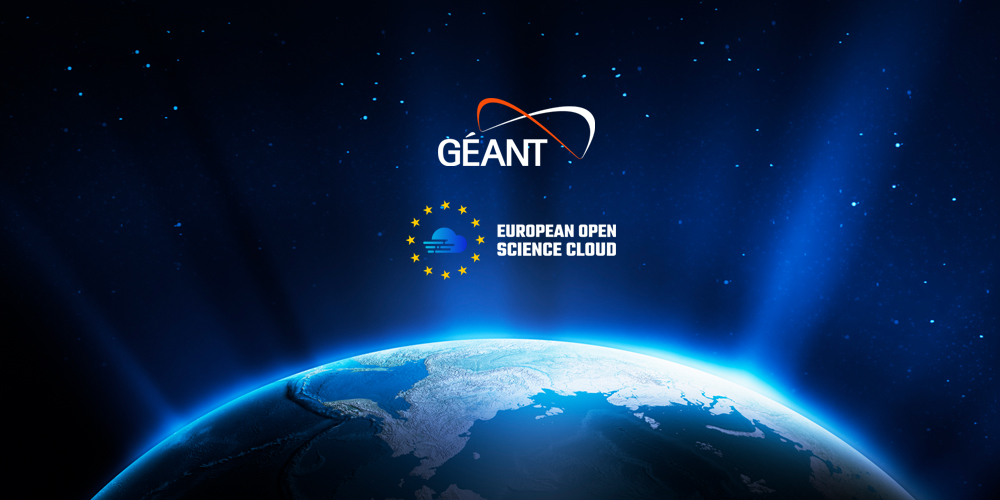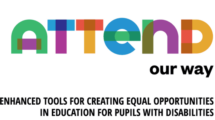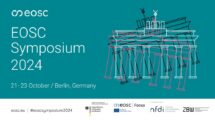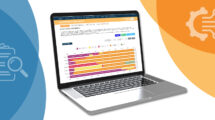The World Science Day for Peace and Development (WSCPD) will be held this upcoming Sunday underneath the auspices of UNESCO. The theme of the WSCPD for this year is titled “Open Science, leaving no one behind”, and brings about an opportune moment to assess the development of Open Science thus-far and the role that the GÉANT community plays within it.
In order to understand the impact of Open Science, it first pays credit to understand its history. The term ‘Open Science’ is widely used by policymakers, scientists, researchers and other groups of R&E professionals in often dissimilar contexts. However, the concept has been around for a substantial amount of time; the circulation of the first scientific journals in the seventeenth century was a notable step in standardising scientific data into an accessible format. It may be hard to believe, but before this innovation many scientists, such as Huygens or Newton, deliberately coded their own papers in order to restrict their discoveries for favourited audiences that they could trust (and subsequently exploit). As with the development of the printing press, technological breakthroughs within the field of communication such as the internet can bring about uncomfortable dilemmas. How widely should information be disseminated? Does the owner of that data have any control of its end whereabouts? Does that information come with a price?
Open Science is a movement that aims to make scientific research accessible to any strata of society that is interested in it. In this sense, it attempts to honour the utility of current technology in order to make research data available in the fairest way, whilst also helping to quench some of the ethical challenges that come with the widespread distribution and access to scientific material. Being a community of NRENs that comes together to deliver the most advanced and well-connected research and education network in the world, the treatment of scientific material will become increasingly important from a technological perspective.
The services and projects that the GÉANT community provides both within Europe and at the global level contribute directly to the evolution of Open Science. Whether this is via the extensive geographical reach of the GÉANT international network, or the development of cutting-edge Authentication & Authorisation Infrastructures such as eduTEAMS, GÉANT is capable of enabling more Open Science than ever before. Yet technology is not the only category needed to realise Open Science – the training and development of skill sets to produce and curate Open scientific data is essential. This is especially relevant when aligning Open Science with the ‘FAIR’ standards, which are indispensable in safeguarding the findability, accessibility, interoperability and reusability of scientific research data.
Being therefore well-disposed to realise Open Science, GÉANT must also address the increasing political relevance of the initiative. Both the United Nations and European Union are active in ensuring Open Science practices are adopted in their relevant programmes and projects. The United Nations for example has cited the drive of Open Science as an essential factor in realising the Sustainable Development Goals, especially in more underdeveloped and isolated areas of the world. Closer to home, the European Commission is both implementing and planning initiatives that complement and promote Open Science. Many members of the European R&E community will be familiar with the ambitions of the European Open Science Cloud or EOSC. It is hoped that the EOSC will provide a service environment for Europe’s researchers that can sustainably drive the digital transformation of all research data. Also being planned is the European Data Space, a ‘seamless digital area with the scale that will enable the development of new products and services based on data.’ With data being fed into this virtual space from different sectors such as health, energy and climate, Open Science has been identified as a crucial cornerstone to advance the value of this data in order to support both dedicated researchers and the new field of citizen science.
The last point is an important consideration for the R&E community. As the value of data increases, so will efforts to pool resources and set standards across different sectors. How will data be shared to non-academic researchers? How will the data fed into this space from both industry and the ‘Internet of Things’ be treated in relation to public research data? These questions will challenge the traditional conceptualisation of what constitutes a regional R&E network, NREN, research institute or even university in the 21st century. It is undeniable that prolonged Open Science will break down barriers between scientific disciplines, thematic areas, and geographical regions of research data production and consumption. This can potentially lead to a boost in global economic growth and more ambitious solutions for the challenges that mankind faces. For this hope alone, Open Science deserves a substantial commitment from organisations and individuals at all layers of the R&E ecosystem, in order that none of us, as UNESCO so desperately wishes us to remember, get left behind.







